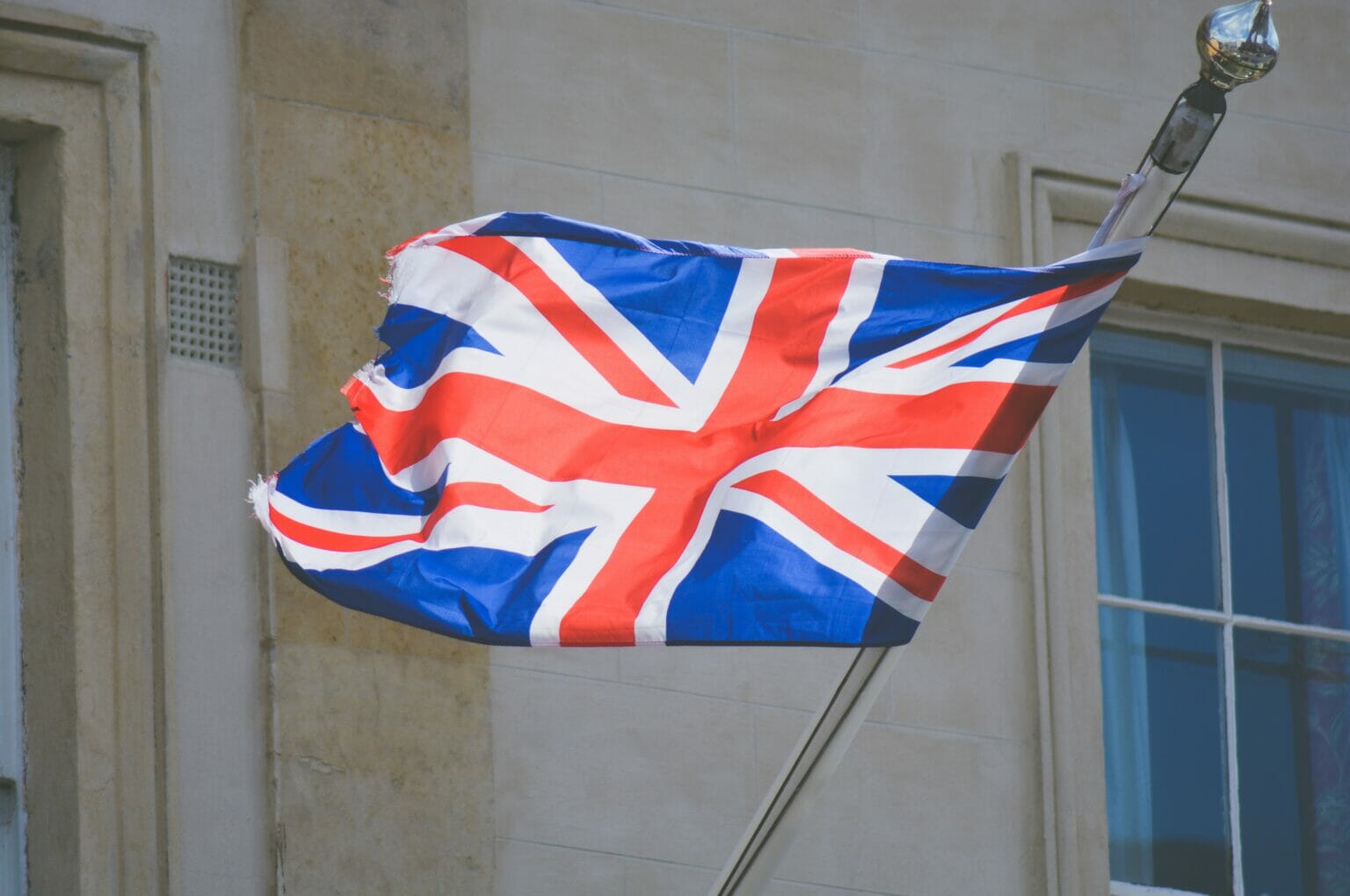The cost of living problem in the UK is getting better because annual inflation has dropped to its lowest level in 15 months.
As a result of lower energy costs, the UK’s annual inflation rate dropped sharply in July, which Prime Minister Sunak says shows that “the plan is working.”
Official data shows that Britain’s annual inflation rate fell sharply in July to its lowest level in 15 months. This was due to lower energy prices and was in line with what experts expected to happen.
The Consumer Prices Index (CPI) rose at an annual rate of 6.8%, down from 7.9% in June, the Office for National Statistics (ONS) said on Wednesday. This means that the cost of living problem in the country is getting better.
The rate of inflation seen in July was in line with what observers had anticipated, including the Bank of England, which had predicted a 6.8-percent increase.

It comes after the CPI fell by 0.8% in June, more than predicted.
But the UK has had the most considerable inflation in the G7 for months, even though the Bank of England has raised its key interest rate more than a dozen times to try to bring it down.
Even though gas and power prices went down in July, food prices kept going up, but not as fast as they did in July of last year.
Matthew Corder, the deputy head of prices at the ONS, said that gas and electricity prices were a big reason why inflation slowed down for the second month in a row.
“Even though food prices are still high, inflation has slowed again, especially for milk, bread, and cereal. Core inflation stayed the same in July because the price of goods went down and the price of services went up,” he said.
Prime Minister Rishi Sunak wants to cut inflation in half by the end of this year and get it to about 5% by 2024.
Even though the Bank of England thinks that pay raises in the public sector could cause inflation to rise again next month, Sunak claimed that Wednesday’s numbers showed “the plan is working.”
“If we stick to the plan I’ve set out, we’ll get it done,” Sunak said.
But the Institute for Fiscal Studies, a group of economists who think about the economy, needed clarification.
Heidi Karjalainen, an IFS research economist, said that the goal is in danger because prices for goods and services other than food and energy have stayed high for a long time.
Finance Minister Jeremy Hunt liked the latest CPI figures but warned that “we’re not at the finish line” and that hitting the Bank of England’s inflation target of 2% “as soon as possible” was still the primary goal.
The UK’s jobless rate went up in the three months leading up to the end of June, according to data that came out on Tuesday. At the same time, wages grew at a record rate each year.
Since the end of 2021, rising interest rates have caused much financial trouble; this is especially true for mortgages, whose rates increase as commercial lenders raise their rates.
The CPI numbers from Wednesday might not stop the Bank of England’s monetary policy committee from raising rates again in late September. At that time, they will decide whether to increase the current base rate of 5.25 per cent.
